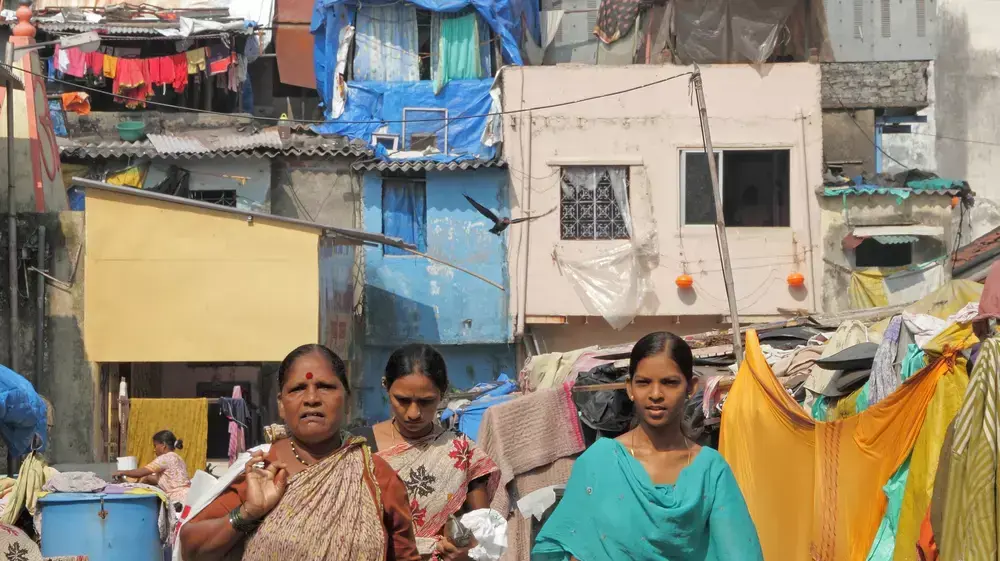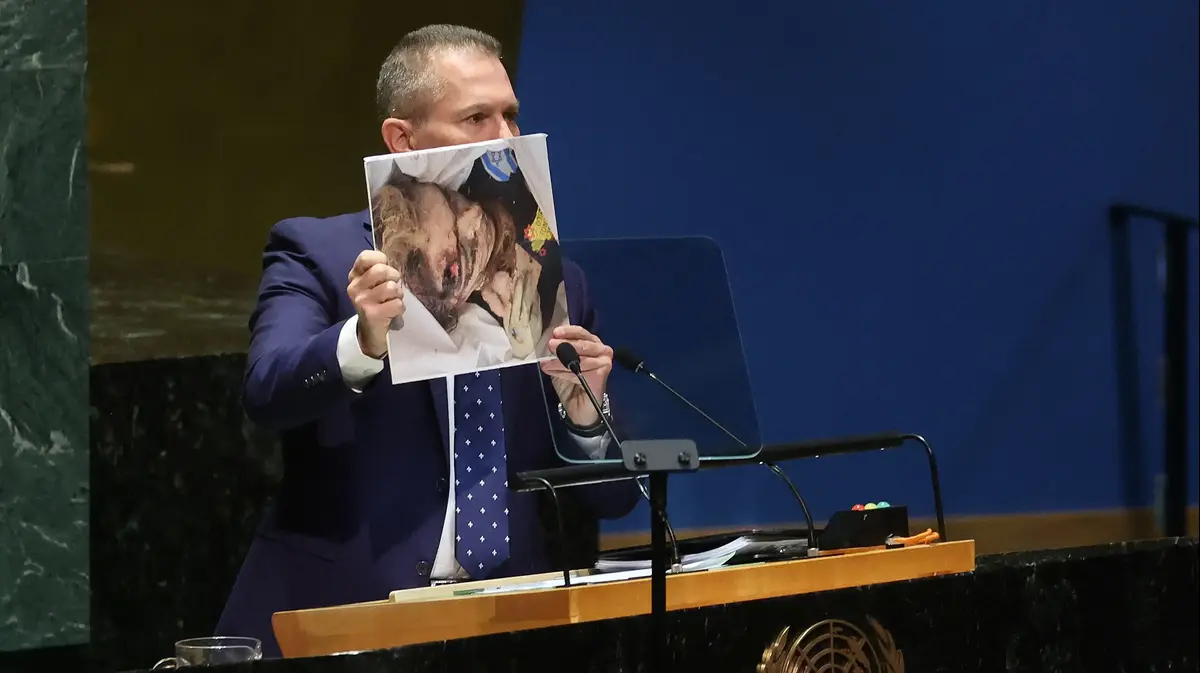Have you ignored the plight? You share his suffering
This week's Parsha deals with building an infrastructure of justice and values for Jewish society, and poses a challenge that translates vision and sublime values from the Torah into daily life. While Israeli society is characterized by impressive justice and charity projects, each of us must account for his sensitivity to the suffering of the other.
Don't leave her alone (Photo: ShutterStock)
Lonely elderly woman (Photo: ShutterStock)
Parashat Mishpat deals with building an infrastructure of justice and values for Jewish society, and poses a challenge that translates vision and sublime values from the Torah into daily life. Fifty-three commandments from the Bible are given to the people immediately after giving the Torah. Their purpose is to educate how to create a life culture and routine of life, nourished from the vision of the Torah.
I chose to focus on the weak in relation commandments: "G֥r Lֽa-ton֖h and L֣a Tlhtz֑no Cֽi-gr֥im Hiit֖m Ba֥rtz Mtzrֽim, Cl-almn֥h and It֖om L֥a Tanֽon: Am-an֥h Tanh At֑o C֣i Am-tza֤k Itzak֙ Al֔i Sm֥a Asm֖a Tzֽaktֽo: and Hr֣h Af֔i and Hֽrgt֥i Atc֖m Bh֑rb and Hi֤o Nsicm֙ Nationals and you will die ". (Names 2 to 2)
Thirty-six times the Torah commands us to keep and honor the Hagar with us. Prof. Nehama Leibowitz writes that: "This attitude toward the stranger, to the powerless and the patroness is the touchstone of whether God has a heart or not." The moral and value level of a society is determined not by relation to the strong but rather to the weak or different like Hager, Widow and Orphan.
More in Walla! NEWS More in Walla! NEWSShabbat Song: Tamar Deborah
To the full articleAbout paying indifference
This is how Maimonides defined the mitzvah: "All the widow and the fatherless": "One must be careful of the orphans and widows, because we will be humiliated and very humble ... and will you do with them? He will not speak to them but softly, and will not treat them but a custom of honor, and will not hurt their bodies at work and their hearts in difficult things, and attribute to them more finances than himself. All the teasing or angering or hurting them or falling down or losing them - it goes without doing, and anyhow beating them or cursing them. "The punishment will be heavenly against measure.
And also the RAV wrote: "You will not answer - in many words, because the trial that sees the torture and silence as the torture sentence, therefore it says" If you answer ... and I killed you. " In other words, the responsibility, blame and punishment for orphan torture is not only on the head of the direct response, but also on the minds of those who see the suffering and indifference to the situation: "they see the torture and silence", and so the written and cautious phrase "torment" began. About paying indifference. This is a clear message from the days of the Exodus to the present day.
I didn't raise my voice
For a danger that hovers over the head of the indifferent and ignores the torture and cry of the other and the weak, the German priest, the Nazi objector, Martin Nimoler wrote a poem in 1946:
I didn't raise my voice
"In Germany, the Nazis first took the Communists,
I didn't raise my voice because I wasn't a communist,
And then they took the Jews,
And I didn't raise my voice because I wasn't Jewish,
And then they took the members of the trade unions,
And I didn't raise my voice because I wasn't a member of a trade union,
And then they took the Catholics,
And I didn't raise my voice because I was a Protestant,
Then they took me,
But at that time no one left his voice for me. "
Although Israeli society is characterized by impressive justice and charity works for the benefit of the poor, the weak and the different, each one of us must give himself a daily account: Are you susceptible to suffering or indifferent to the injustices caused by the weak and foreign workers living with us here? Are you working to correct injustices or are you ignoring the distress and suffering of neighbors, family, friend or girlfriend who is in trouble, a single mother who nails her children, and anyone who needs help around you. The Torah educates us to very high standards of caring and involvement. Indifference and the blink of an eye are like a partnership in creating suffering and paying indifference. Give Universe plenty, care and giving and see how everything comes back to you with interest.
Let's take this message and let us remember the commitment to the weak and different and that we will do everything to make life easier for them.
Shabbat Shalom from the Levels of Return,
Eran Rawls


/cloudfront-eu-central-1.images.arcpublishing.com/prisa/AJG7IZEA3JGX3NF54WRHHWVVPU.jpg)












